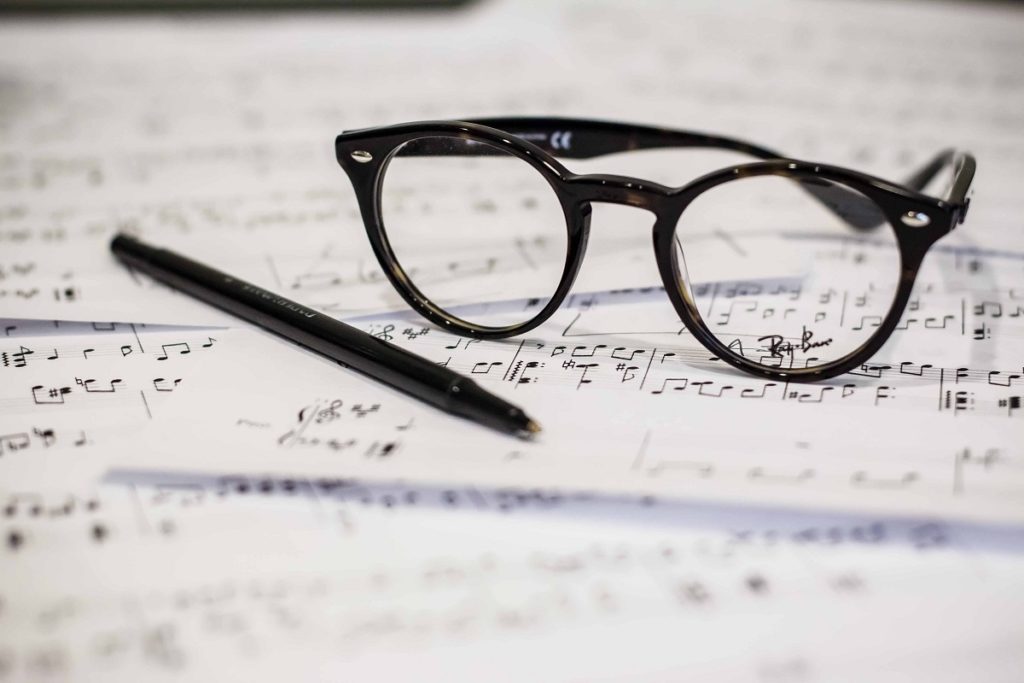Not all kids are fortunate enough to get to enroll in a music class. A large percentage of the population hasn’t even held a guitar or a piano in their lives — much less, a violin or a cello. Only a handful of kids whose parents invested in their introduction to music have any idea how to read notes and play them perfectly. Music lessons tend to be expensive because of the cost of the classes and the needed instruments. However, their benefits far outweigh the costs.
Get your kids to study voice lessons in places like Boulder or towns near you if they have a talent in singing. They should be allowed to explore this aspect of their abilities. At the same time, you should encourage them to learn to play a musical instrument, such as piano, guitar, drums, violin, cello, and even the harp, because of the following benefits:
Improves Academic Skills

Do you know that music and math are connected? When you study music, you will understand about rhythm, beat, and scales. The same principle your children use to understand these concepts is similar to what they need to learn division, fractions, and patterns. Reciting songs and memorizing notes will also improve their memory skills. This helps them easily remember things that are being taught inside the classroom. Learning how to play a musical instrument, such as guitar and violin, also introduces children to the basics of physics because of harmonic and sympathetic vibrations.
Develops Physical Skills
One of the best things about playing drums, for example, is that children develop coordination and motor skills. They can also release some pent-up emotions and repressed energy by playing the percussion. Imagine having to move your arms, legs, and hands while beating the drums. That’s a great physical workout for children.
On the other hand, playing string and keyboard instruments like the guitar, violin, and piano improves ambidexterity. When playing the piano, children need to learn to do three things at once — play a different note with their left and right hands and read the piano notes. Through playing musical instruments, their bodies will learn to adjust to different and uncomfortable positions.
Cultivates Social Interaction
Music lessons usually happen with other students attending the classes, too. Your children are going to spend a lot of time with like-minded individuals. If they are struggling with social interactions at school, this is the best way to boost their confidence. They will also learn to be more respectful of others. They will turn the volume down when they are playing an instrument because someone else is studying in the room. They will learn to collaborate with the whole class during musical recitals.
As their parents, you have a critical role to play in introducing your children to music. Think of this as an investment in their academic and social lives. After a few music lessons, you will notice your children are excelling in different areas of their lives. Most of them will also meet developmental milestones earlier than those who are not exposed to music.
